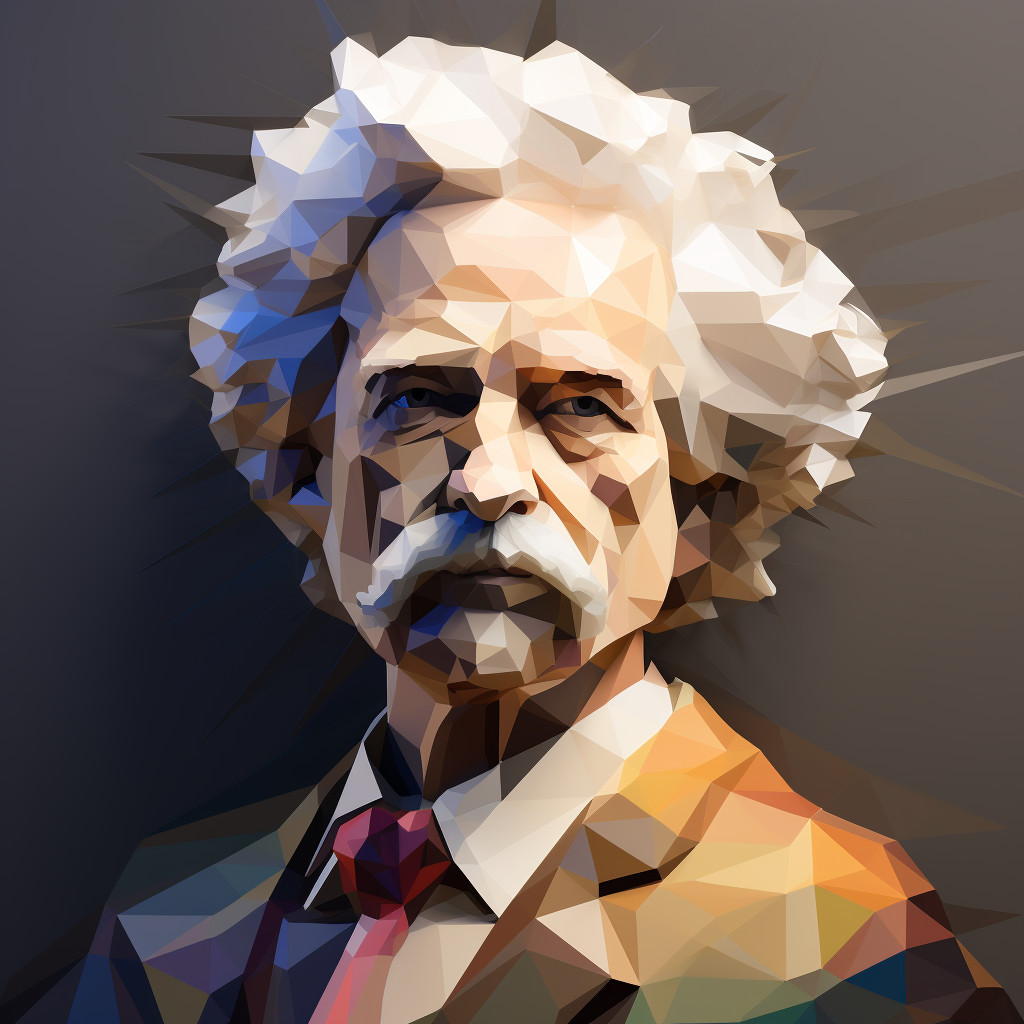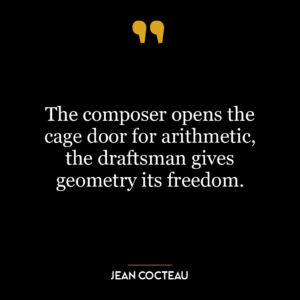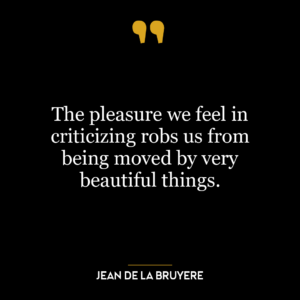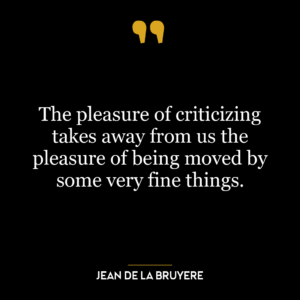This quote by Mark Twain suggests that the greatest joy derived from freedom and idleness is the opportunity to work. It seems paradoxical at first, but it emphasizes the value and satisfaction obtained from labor. Freedom here doesn’t necessarily mean aimless wandering or laziness, but the liberty to choose what to do with one’s time. When one has nothing to do, the highest pleasure isn’t derived from remaining idle but from engaging in productive work.
The quote also touches on the concept of labor as a self-chosen task. When labor becomes a choice rather than an obligation, it transforms into a source of satisfaction. The labor Twain refers to is not forced or grudgingly done but willingly undertaken, which in turn makes it pleasurable.
In today’s world, this quote can be applied in various contexts. For instance, in personal development, it encourages people to find joy and satisfaction in their work, to see it not as a chore but as a chosen task that brings fulfillment. It also promotes the idea of active leisure, where free time is used to engage in activities that are not only enjoyable but also productive and enriching.
Moreover, in the context of today’s fast-paced, work-driven society, the quote could be seen as a call for work-life balance. It reminds us that while work is important, it is equally important to take time off and enjoy the freedom that comes with it. It promotes the idea of ‘working smart’ rather than ‘working hard’, where one finds pleasure in their work and doesn’t view it as a burden.
In a broader societal context, the quote could be interpreted as a commentary on the value of work in a free society. It suggests that the true measure of a free society is not just the ability to do nothing, but the freedom to choose one’s labor and find pleasure in it. This idea is particularly relevant in discussions about the future of work, where automation and AI are predicted to free humans from mundane tasks, potentially allowing us to find greater pleasure in our labor.











